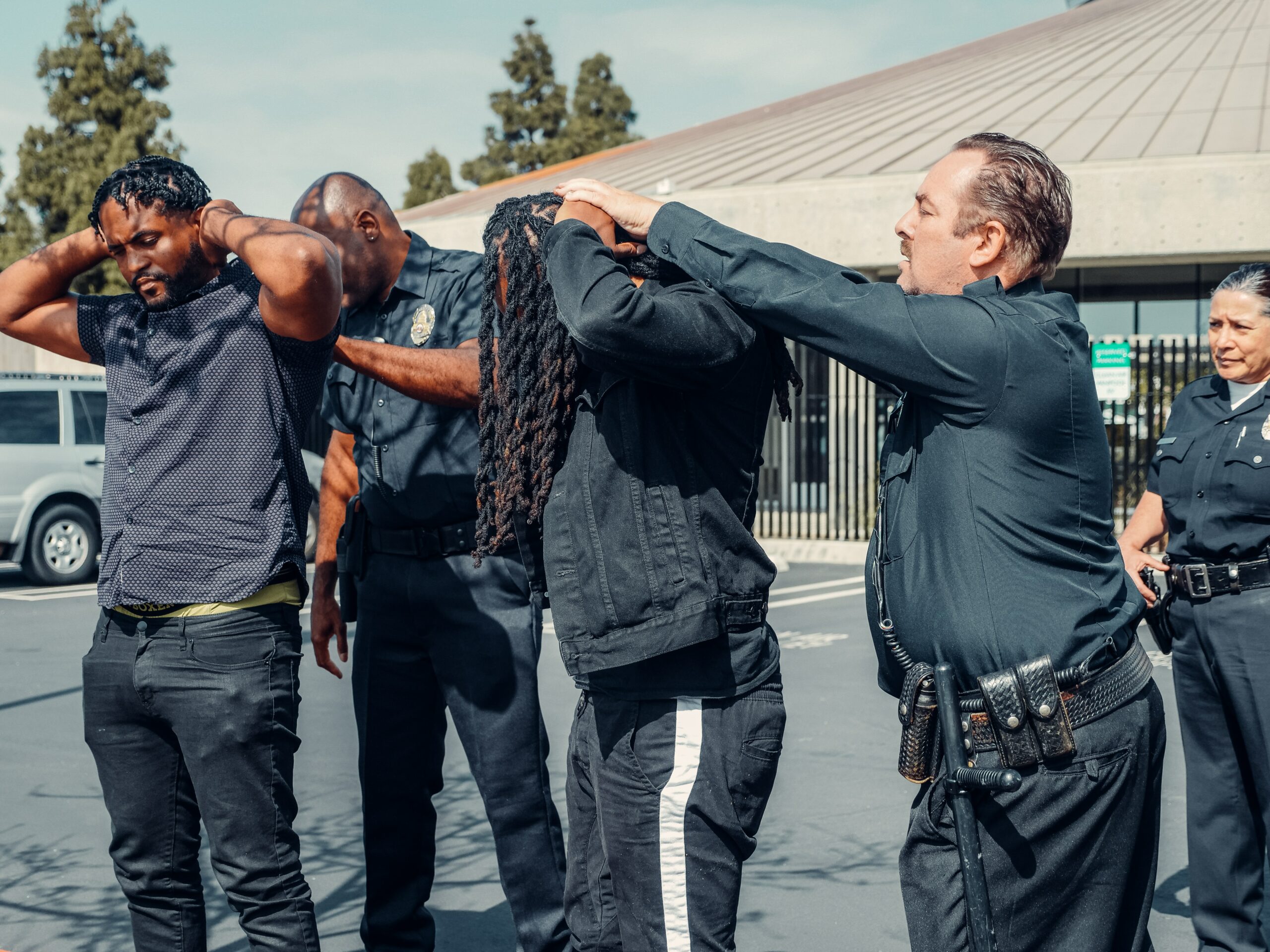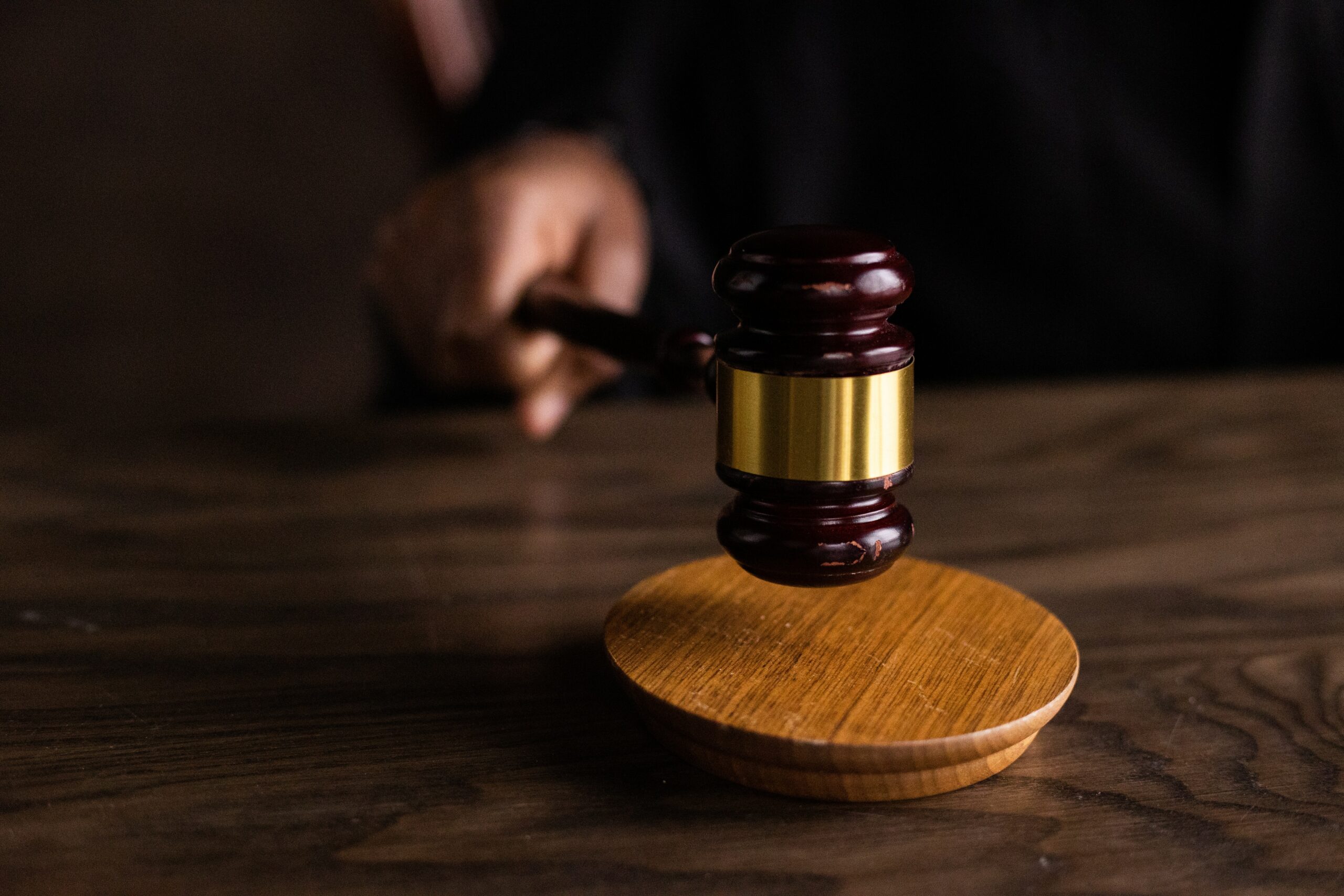Ethical norms govern your behavior as a law enforcement officer when you work in the criminal justice system. The law would be meaningless without ethics since its application would be unpredictable.
Ethics will undoubtedly regulate your encounters with lawbreakers, impact your decision-making processes, and alter your understanding of the law, depending on your unique employment within the criminal justice system.
The criminal justice system requires ethical considerations. The importance of ethics in criminal justice cannot be overstated. But is it a matter of discretion?

The Importance Of Ethics In Criminal Justice
The criminal justice system is responsible for safeguarding the lives and property of citizens, maintaining order, and enforcing the law. The system comprises several agencies and professionals whose work involves contact with the public. As such, these individuals must uphold the highest standards of ethical conduct.
- Ethics are essential in criminal justice because they provide a framework for professional conduct. Individuals who work in the criminal justice system are expected to act in a manner consistent with the profession’s values and principles. These values include fairness, impartiality, integrity, and respect for the rights of others.
- Ethics are essential in criminal justice because they help ensure that individuals working in the system are accountable for their actions. Individuals who violate ethical standards can be subject to disciplinary action, including termination from their job.
- Ethics are essential in criminal justice because they promote public trust. The public must have confidence that those working in the criminal justice system will act fairly and justly.
- Ethics are essential in criminal justice because they help ensure the system is effective and efficient. Therefore, individuals in the criminal justice system must be able to make sound decisions based on ethical principles.

Defense Attorney Ethics
If you’re a defense attorney defending someone accused of criminal action, ethics is vital. You have two ethical obligations: you must represent your client fairly and guarantee that you do not give false testimony.
The idea is to shift the burden of proof on the prosecutor while making every attempt to make accurate and factual comments. Defendants, for example, must alter misleading statements or face charges of obstructing justice.
Defense lawyers are ethically obligated to avoid supporting clients in giving false testimony and persuade defendants to correct inaccurate statements.
Attorney Ethics In Prosecution
A prosecuting attorney must also uphold ethical standards, or a defendant may be sentenced to prison for a crime he did not commit.
As a prosecutor, it is your ethical responsibility to deliver truthful, accurate testimony and supporting evidence to back up your accusations.
We often overlook how people interact with criminal justice professionals as an ethical consideration, but it is.
Suppose you know the evidence was tampered with. Although, in that case, an expert witness has significant biases that could harm the case, or eyewitness testimony isn’t error-free, you shouldn’t utilize it against the defendant.
Your ethical obligation is to offer complete facts, not partial facts, fiction, or biased judgments, as part of your case against a defendant.
Prosecuting Attorney Ethics
A prosecuting attorney must also uphold ethical standards, or a defendant may be sentenced to prison for a crime he did not commit.
As a prosecutor, it is your ethical responsibility to deliver truthful, accurate testimony and supporting evidence to back up your accusations.
Suppose you know the evidence was tampered with. In that case, an expert witness has significant biases that could harm the case, or eyewitness testimony isn’t error-free. Therefore, you shouldn’t utilize it against the defendant.
As part of your case against a defendant, your ethical obligation is to present facts, not partial facts, fiction, or biased judgments.
Police Officer Ethics
A police officer’s position in ethics is vital since they must respond promptly to illegal behavior, make life-or-death judgments, and acquire objective legal evidence.
An assailant’s confession may not stand up in court without the legal and ethical administration of Miranda rights, which notifies an offender of his right to an attorney and warns him that anything he says can be used against him.
Threatening, assaulting, or badgering an offender to obtain a confession is unethical.
A police officer is ethically responsible for making non-biased, law-abiding, non-discriminatory, and justified judgment calls to safeguard innocent civilians.
Judicial Ethics
Because judges must interpret the law fairly and independently without personal feelings, religious values, prior experiences, or self-promoting agendas interfering with that role, ethics may be more crucial to judges than any other criminal justice practitioner.
Judges in Nevada, for example, must adhere to five ethical principles: impartiality, non-deviance from the law, non-biased decision-making, no connection with special interest groups in or out of the courtroom, and participation in proper campaigning techniques.
3 Ways Ethics Impacts Criminal Justice
Here are three significant areas of criminal justice where Ethical Dilemmas plays a role.
The ethical foundation of our criminal justice system helps us develop moral reasoning, define illegal activity and determine whether or not punishment should befall an individual.
Our successful operation relies on how we conduct ourselves as a society – ethics provide the guidelines by which law enforcement operates within everyday life.
Here are three main areas in criminal justice where ethics play a role:
Police Operations
We may look at how police interact with communities and how communities interact with police in various ways to see how ethics influences police behavior. For example, a community is more likely to be transparent and ethical when dealing with the police when considered to work ethically. Collaboration in crime prevention is one example.
Attorney Conduct
Of course, ethical behavior isn’t about winning a case at all costs. It’s all about giving your client the most outstanding possible representation. There should be no expectation that attorneys will conduct unethically and so inappropriately.
Rules are written in a specific way. We can follow the law’s spirit or letter, and Nevertheless, we should enable (and expect) attorneys to do both.
Strategies for Upholding Ethics in Criminal Justice
Maintaining high ethical standards in the criminal justice system is a collective responsibility that requires concerted efforts from all parties involved. Here are a few key strategies that can help sustain these standards:
Regular Ethics Training
Frequent training sessions on ethics should be mandatory for all individuals in the criminal justice system. These sessions can ensure everyone is up-to-date with the latest rules and regulations, reinforcing the importance of ethical conduct.
Strong Leadership
Leaders in the criminal justice system should exemplify ethical behavior. Their actions set the tone for their subordinates, instilling in them the values of fairness, honesty, and integrity. Leaders should also proactively address any ethical issues that arise, ensuring they’re handled appropriately.
Transparent Procedures
Transparency is a cornerstone of ethical conduct. The procedures used in criminal justice – from investigations to trials – should be clear and open to scrutiny. This transparency not only upholds justice but also builds trust with the public.
Accountability Mechanisms
There should be well-defined mechanisms to hold individuals accountable for their actions. Any unethical conduct should be dealt with swiftly and appropriately. This approach sends a strong message that unethical behavior will not be tolerated.
Encourage Reporting of Unethical Behavior
Create a safe and protected environment for staff and the public to report unethical practices. Provide clear guidelines on how to report such actions and ensure there are strict measures against retaliation for whistleblowers.
By implementing these strategies, we can work towards a more ethical and just criminal justice system. Remember, the credibility of our criminal justice system hinges on its ethical integrity.
Frequently Asked Questions
What is the importance of ethics in the criminal justice system?
Ethics in the criminal justice system ensures that all individuals are treated fairly and with integrity. It helps to maintain an effective and efficient system where decisions are made based on ethical principles.
What are the ethical responsibilities of a defense attorney?
A defense attorney has the ethical duty to represent their client fairly and truthfully. They must avoid supporting clients in giving false testimonies and should persuade defendants to correct inaccurate statements.
What are the ethical responsibilities of a prosecutor?
A prosecutor must uphold ethical standards by delivering truthful, accurate testimonies and providing supporting evidence. They are obligated to present complete facts without bias or fabrication.
What ethical principles must judges adhere to?
Judges are expected to adhere to ethical principles such as impartiality, non-deviance from the law, non-biased decision-making, and avoidance of any connections with special interest groups. They must interpret the law independently and without letting personal beliefs interfere.
What role do ethics play in police operations?
Ethics influence police behavior and the way police interact with communities. An ethically operating police force encourages a transparent and ethical relationship with its community, fostering collaboration in crime prevention.
How does ethical behavior guide attorney conduct?
Ethical behavior isn’t about winning a case at all costs. It’s about providing the best possible representation for a client. Attorneys are expected to conduct themselves ethically and appropriately.



